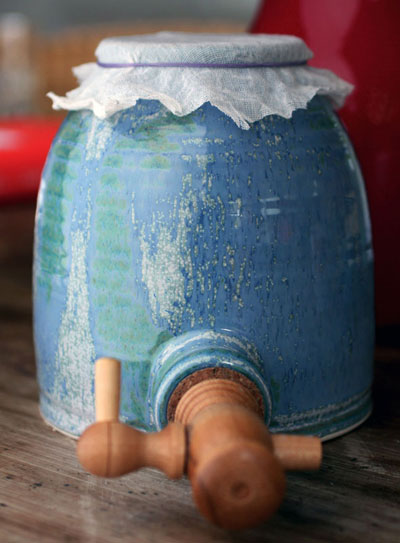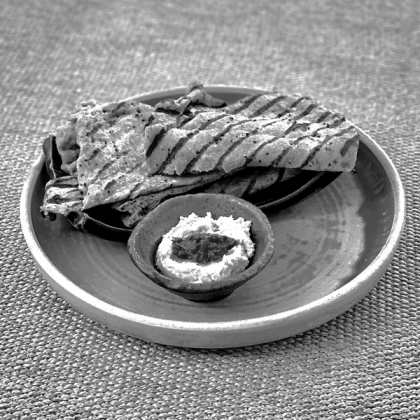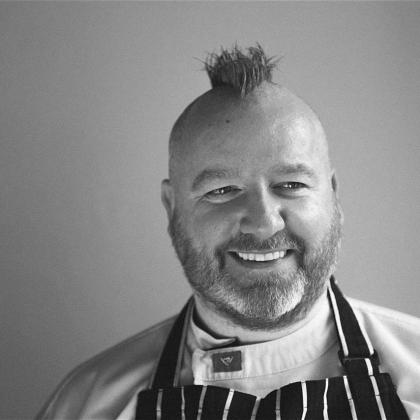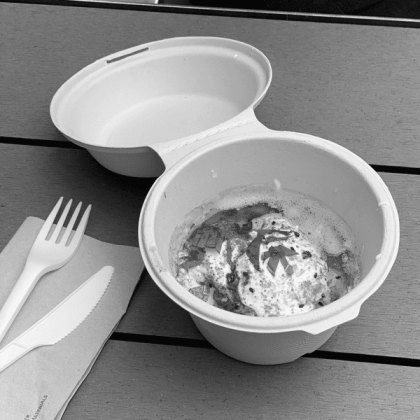Once upon a time.
This is the beginning of a culinary story, a story where we hope a little magic might happen. That magic, I am hoping, will be nothing less than a magic spell that will transform one ingredient into another. But, we will have to wait a while to see.
This year and last has seen an explosion of interest in Irish craft brewing: suddenly there are a tremendous number of different brews, made in locations all over the country, and everyone wants to know all about them.
A decade ago, this happened with apples, when delicious branded artisan juices started to pop up, first in country markets and then in shops. Soon these producers took the next step and started producing cider. And then the producers took the next step, and we started to see cider vinegar. Now we even have a wonderful aged balsamic cider vinegar, made in north County Dublin by David Llewellyn (Pick up a bottle from David’s fantastic stall at the Saturday Temple Bar Market.)
I wonder will the same thing happen with our artisan beers? Will we start to see artisan malt vinegars, made using beer, from this dynamic sector of our food community?
To make vinegar you need alcohol. Then you need an acetobacter, which is the bacteria which converts the alcohol into acid in an acetic fermentation that gives you vinegar. Your acetobacter can come naturally, from wild spores that float in the air. But if you introduce a vinegar starter, things happen more quickly, and in a more controlled way.
People talk about a “mother” vinegar, but in fact any drop of vinegar that already contains the bacteria will work. The “Mother” is simply a cellulous version of that bacteria which has collected, and sunk to the bottom of the barrel or the bottle. But the rest of the vinegar also contains the necessary elements.
Malt vinegar is made from barley that is converted into an alcohol, before being fermented into vinegar. By using a craft brew, that first process has already been deliciously done for you by the brewer. The next step is to turn it into vinegar.
It’s not the easiest task to get a vinegar starter for beer. Most commercial vinegars are filtered and pasteurised, and malt vinegars seem to be 100% commercial. After asking around, the way forward became simple. Con Traas’ Apple Farm cider vinegar, made in County Tipperary, is not filtered or pasteurised, and even boasts on the label that it contains a “living mother”: Mr Traas’ vinegar seems fully equipped to do the job. And, for the next batch, we will of course have our own collection of malty bacteria ready to go into production.
I found three bottles of Galway Hooker in the larder (sorry John), and used these to make the vinegar. So, we had the liquid, the starter, all we needed was the container where the magical transformation can take place.
Lucky us. Dunbeacon Pottery is just down the road, the other side of Durrus village. Helen Ennis rose to the challenge with gusto and made us this amazing vinegar crock. It holds exactly three bottles of lager, plus 100mls cider vinegar.
Now the waiting starts. It’s warm, it’s got plenty of air seeping in under that little Dutch hat of cheesecloth, and the gauze will keep it bug free. I’m going to give it three months, and I’ll let you know the end of the story, around about mid June.
First published in www.lifeskills.ie
www.dunbeaconpottery.com (Helen Ennis will make vinegar crocks to order)







